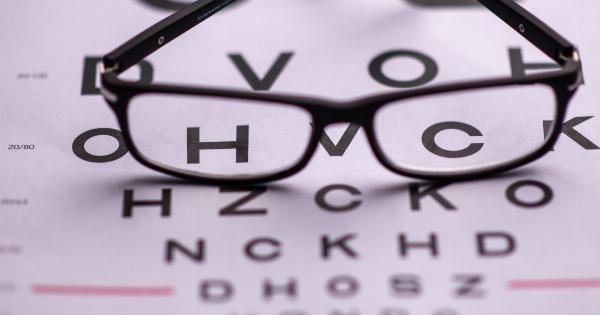It is a painful realization when we see our loved ones gradually losing their memories, personalities, and even basic skills. Dementia can affect anyone, and it takes a toll on not only the person diagnosed but also their family.
According to the World Health Organization, around 50 million people are living with dementia worldwide, with nearly 10 million new cases diagnosed every year.
Early detection can make a significant difference in managing dementia symptoms and improving the quality of life. That’s why it is essential to be aware of the early indicators. Below are some of the most common ones:.
1. Memory loss
One of the most obvious signs of dementia is memory loss. It is normal to forget things occasionally, but when this forgetfulness becomes frequent and disrupts daily life, it could be a red flag.
People with dementia may forget recent events, dates, names, or even misplace things in unusual places.
2. Difficulty with routine tasks
Another sign to look out for is when you notice your loved one struggling with daily tasks. These could include everyday activities such as cooking, cleaning, or grooming themselves. They may also have difficulty keeping up with appointments and dates.
3. Changes in mood and personality
Dementia can also affect a person’s mood and personality. They may become confused, anxious, or agitated, or even exhibit uncharacteristic behaviors. They may also withdraw from hobbies, friends, and other social activities they once enjoyed.
4. Communication difficulties
Communicating becomes difficult for those with dementia, especially as the disease progresses. They may find it challenging to follow conversations, express themselves, or remember words. Additionally, they may struggle with reading and writing.
5. Poor judgement
Another early indicator of dementia is when a person begins to make poor decisions. They may act impulsively, be easily swayed, or display bad judgement.
This can range from minor decisions like buying unnecessary items to major ones, such as falling for financial scams.
6. Confusion
People with dementia can become easily disoriented. They may forget where they are or how they got there, even when in familiar places. They may also have difficulty navigating new environments.
7. Repetitive behavior
A person with dementia may also display repetitive behaviors such as pacing back and forth or repeating the same phrase repeatedly. This behavior can even be present in people in the early stages of the disease.
8. Difficulty with coordination
Problems with coordination can cause physical difficulties such as difficulty walking, tripping, and falling. Additionally, they may have difficulty with fine motor skills such as buttoning clothes or handling utensils.
9. Difficulty processing visual information
Some people with dementia may struggle to process visual information and differentiate between colors and contrasts. This can affect their ability to recognize faces and objects, and even reading comprehension.
10. Decreased sense of direction
The spatial awareness of an individual with early stage dementia can begin to decrease.
They may experience difficulty with spatial relationships or remembering where they have been which can lead to getting lost in a familiar location or difficulty in giving directions.
If you notice any of these signs in a loved one or yourself, contact your healthcare provider immediately. Early diagnosis can help manage symptoms, plan for the future, and take advantage of essential resources and support.
Conclusion
Dementia is a progressive disease that can seriously affect an individual’s quality of life. Many early indicators of dementia may appear at the outset of the disease, with progressive symptoms indicating additional cognitive function limitations.
It is essential to be aware of these early indicators to maintain a high quality of life with the most optimal management possible. If you or a loved one experiences these symptoms, seek a consultation with a known dementia expert.



























